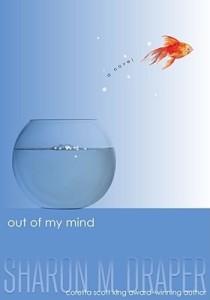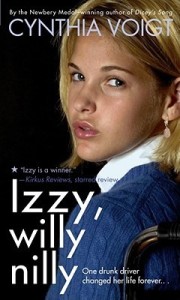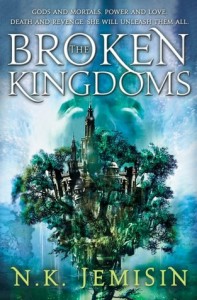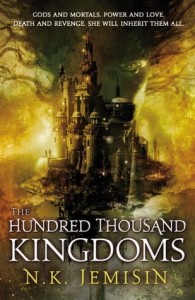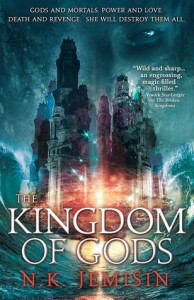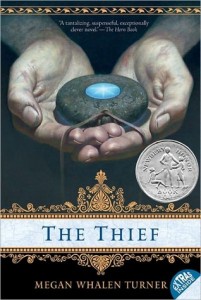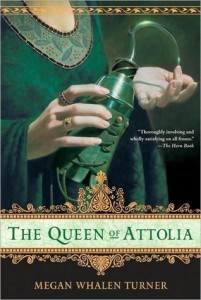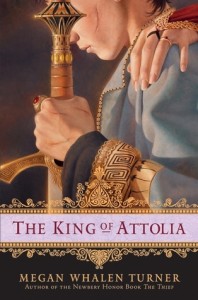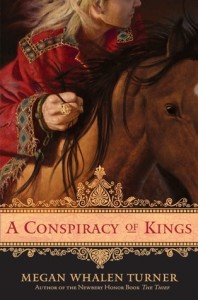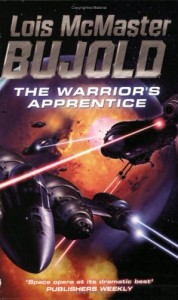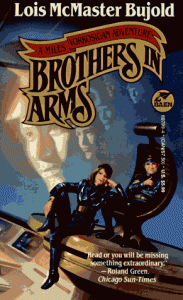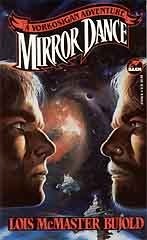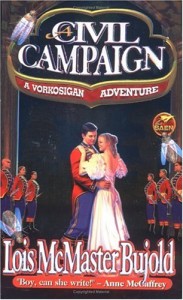 The Blade Itself by Joe Abercrombie
Look I’m having a really hard time writing a summary for this and it’s Nanowrimo, so give me a break and if you want to know what the book is about, go here.
The Blade Itself by Joe Abercrombie
Look I’m having a really hard time writing a summary for this and it’s Nanowrimo, so give me a break and if you want to know what the book is about, go here.
Joe Abercrombie does not write my favorite books, but he certainly writes some of the most fascinating. I actually read this for the first time while Justin Landon was doing his re-read over at Tor.com. A happy coincidence. And it was a great way to read such a layered and complex work. I could read it for myself, draw my own conclusions and then hop over to see what Justin had to say about this or that chapter. I’m not an avidly analytical reader so I was surprised and proud to see I actually picked up on a lot of the same themes he was so excited about.
Of those themes, one of my favorites was that of heroism. Abercrombie presents us with three possible heroes: the noble swordsman – literally, not morally; the barbarian – not as popular an archetype as the swordsman but still widely recognized; and the crippled torturer – who’s not on any list as far as I can tell. With two much celebrated archetypes readily available, why would we even notice the third? Well, the swordsman is a self-obsessed bastard, and the barbarian is practical, and well, let’s be honest, just a little boring. So the one we’re drawn to is the third. And despite the fact that he tortures people for a living and all his bitching and moaning (or maybe because of it, he does it so well, after all), Glokta is surprisingly sympathetic.
I’m having a hard time cataloguing Glokta’s disabilities because they’re so creative and so many. He was once a brilliant, arrogant swordsman himself. Then he went to war. The enemy’s torturers left him a different man. Now, I usually associate torture with excruciating pain that lasts as long as it takes to get someone to say what you want them to say. But Glokta’s torturers made sure that the pain they inflicted would last for the rest of his life. He’s missing half his teeth, he barely walks, he’s got some pretty significant nerve damage, and I’m not sure what’s wrong with his back, but let’s just say it’s worse than mine.
And despite all this he is competent. That’s Glokta’s superpower and it’s what makes him one of my favorite characters written. He falls perilously close to the Curmudgeon stereotype, bitterness infusing everything he thinks and says, but he still manages to be the best at what he does. And isn’t that just a fascinating twist. He’s good at inflicting pain because he knows it so well. He hates his own pain, hates the man he is, but he’s excellent at his job, and frankly, no one else will have him, so he keeps going. He’s stuck in this wonderfully perpetual cycle of self-loathing.
Which would be horrible and depressing if not for his inner commentary. Which is hysterical and pointed and can’t be described any better than that.
And here’s the sugar coated knife Abercrombie sticks us with (as if it’s not already buried deep). Glokta is feared by all. Granted some of that is probably similar to The Princess Bride’s “Dear God, what is that thing?” reaction. But most of it is due to the position Glokta holds. This ruined man, the cripple who can’t eat solid food or get out of bed without help, holds power that makes common men tremble. We’ll have to see what he does with it in the rest of the series.
So far this book sounds truly dark, but scattered amongst the grit there are gems like this: “You have to learn to love the small things in life, like a hot bath. You have to love the small things, when you’ve nothing else.” On the surface, just as depressing as the rest, but really, this is how I live my life. This ray of hope in a genre known as grim or dark fantasy (or as Justin says, Grimdark).

